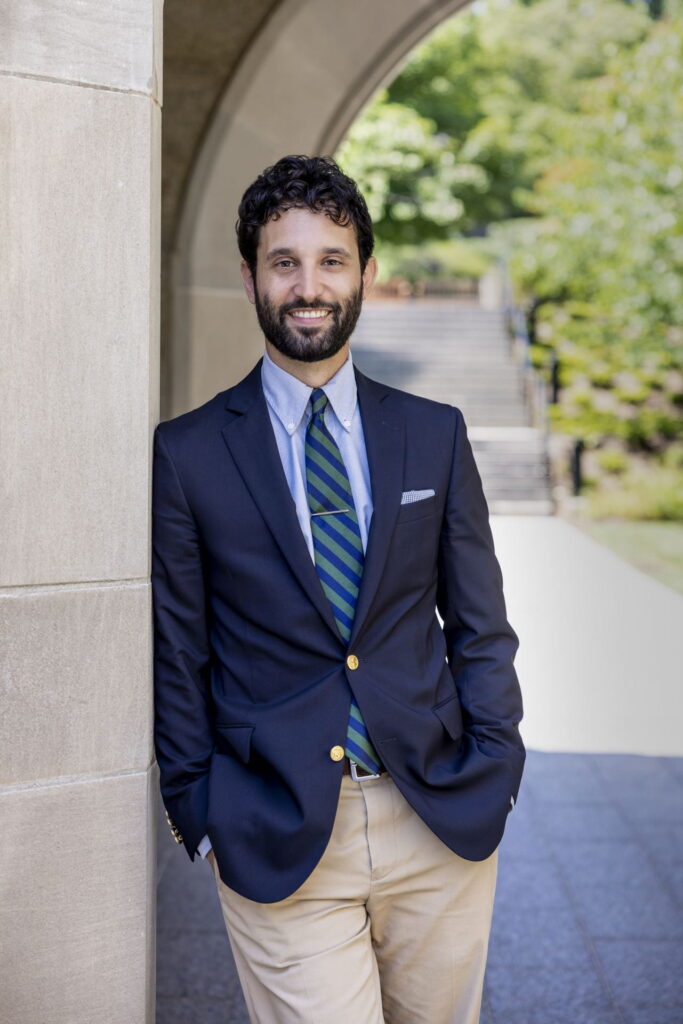I am Professor of English at Boston College, where I teach and write about poetry and poetics. I am the author most recently of the poetry chapbook Chanties: An American Dream (Bottlecap Press, 2023) and the scholarly monograph Meter and Modernity in English Verse, 1350-1650 (University of Pennsylvania Press, 2021). My debut full-length poetry book is Cycle of Dreams (punctum books, forthcoming). I edit the Yearbook of Langland Studies with Alastair Bennett and Katharine Breen. My writing on literature, politics, and higher education appears in The Atlantic, Vox, and the Chronicle of Higher Education. After five years directing graduate programs in English at Boston College, I now direct the undergraduate Honors program.
My research focuses on meter and poetics (what makes poetry tick). I am especially interested in poetry from the medieval period, which has led to an interest in periodization itself. The greater part of my scholarship addresses the historicity of early English literature: its forms and cultural meanings, and how those are mediated by modern disciplinary study. My scholarly method bridges ‘formalism’ and ‘historicism.’ I am interested in the social implications of literature, the phenomenology of poetry reading, and how we come to know what we think we know about the past. These interests converge on William Langland’s Piers Plowman, an enigmatic long alliterative poem of the fourteenth century. More recently, I have been publishing on contemporary avant-garde American poetry, an undertaking that has prompted further questions about the historicity and limitations of prevailing modes of literary reading.
My first two monographs rearticulated English literary history through the cultural lives of metrical traditions, a new approach I call “verse history.” One reviewer praised the methodologies of my second monograph, Meter and Modernity in English Verse, 1350-1650, as “artisanal philology.” A separate series of notes and articles reconsiders the Latin poetry of John Gower. A newer research interest, related to my rare book collecting, concerns the place of fourteenth-century poets in the consolidation of the field of English literary history over the course of the seventeenth, eighteenth, and early nineteenth centuries.
My annotated student edition of the A-text of Langland’s Piers Plowman, reedited from the manuscripts, is complete and under contract with the University of Exeter Press. My edition is modeled on Derek Pearsall’s Exeter edition of the C-text.
My current project, Unheard Melodies: Apophatic Poetics and Literary Reading, brings my interests in phenomenological poetics to the full gamut of English literature, from Beowulf to Claudia Rankine, and to the music of Bob Dylan, with emphasis on the fourteenth and twenty-first centuries and on questions of methodology. Pivoting historically around John Keats’s translation of Christian theological apophaticism into lyric poetry, Unheard Melodies concerns the paradoxical power of literature to represent what literature cannot represent: novels no one can read, lyrics no one can hear, syllables no one can pronounce, spaces no one can inhabit, experiences no one can have, and more. While poetry is the focus, one chapter considers Vladimir Nabokov’s novels-within-novels. Methodological keywords are meter, source, lyric, literary reading, and career.

